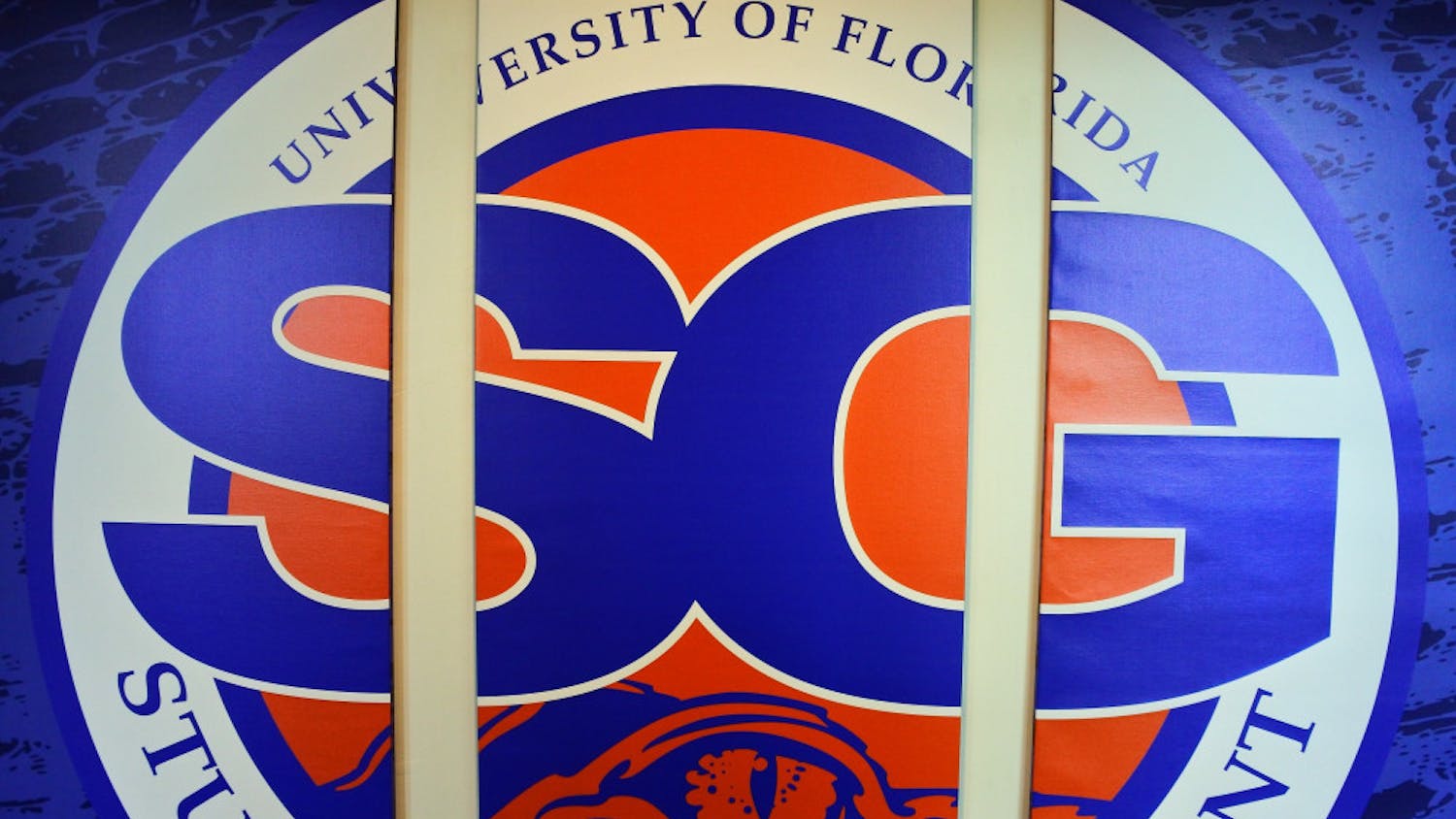Ellen Pao, the woman who accused a powerful venture capital firm of gender discrimination, lost her case last week. Pao claimed that Kleiner Perkins Byers & Caufield refused to promote her — and ultimately fired her — because of her gender.
The trial, which consumed Silicon Valley for weeks, ignited a conversation about gender discrimination in a field where only 6 percent of venture capital partners are women.
Following the verdict, social media outlets commended Pao for bringing such an important topic to light. Users described her as a courageous fighter for women’s rights, boldly putting her career on the line to stand up for gender equality in the work place.
Within hours of the decision, the hashtag #ThankYou-EllenPao started spreading rapidly on Twitter. To many, Pao’s legal battle gave a voice to women in the tech industry who experience unfair treatment in a field largely dominated by men.
While I am thankful that gender discrimination is finally receiving the attention it deserves, we shouldn’t be so quick to depict Pao as a symbol for women’s rights in the workplace.
Gender discrimination is a real and prevalent issue that should be taken seriously, yet Pao made a mockery of it with her lawsuit. Even if her lawsuit does succeed in having positive effects on equal treatment in the workplace, we should not excuse her shameful exploitation of the struggle for gender equality.
Pao, who currently serves as Reddit’s interim CEO, claimed that KPBC’s work environment made it more difficult for women to succeed. She also alleged that the company retaliated against her after she complained that she was pressured into a sexual relationship with a partner at the firm, who was eventually fired. She sought $16 million in damages.
It may be tempting to rush to support Pao’s claims against KPBC, but the facts are important. Years after Pao initially informed members of the firm about the relationship — which ended after she furiously discovered he hadn’t left his wife — she continued receiving salary increases, was nominated by a supervisor for a prestigious fellowship and was paid more than some of her male peers.
As Pao’s work performance continued to dwindle, the firm tried to help her improve by offering mentoring and coaching sessions from top Silicon Valley executives. When she still received negative reviews, the firm eventually suggested that she move on to head an operations role at one of its portfolio companies, which is a common transition for many junior partners. She was offered a severance package of $33,800 per month for six months.
Pao’s case might have ignited a conversation about gender discrimination in the workplace but not for the right reasons. While her case did succeed in shedding light on sexism in the tech industry, the evidence strongly suggests that Pao’s termination had nothing to do with her gender or her earlier complaint about mistreatment. She exploited this issue for her own personal gain.
And yet, some prominent news sites generalized Pao’s case and promoted her as a symbol for women’s rights without objectively looking into the facts of her lawsuit. That only added to the court of public opinion collectively showering her with respect and admiration.
Wrongly accusing a firm of gender discrimination for personal gain does not make Pao a champion of women’s rights, and we shouldn’t treat her as such. In bringing on her ridiculous case, Pao diminished the real grievances that women face in the workplace.
As we continue striving to overcome sexism and gender discrimination in the workplace, I hope that we remember to celebrate people who are truly standing up for women. Ellen Pao isn’t one of them.
Moriah Camenker is a UF public relations senior. Her column appears on Tuesdays.
[A version of this story ran on page 6 on 3/31/2015 under the headline “Pao case exploits real gender workplace issues”]





